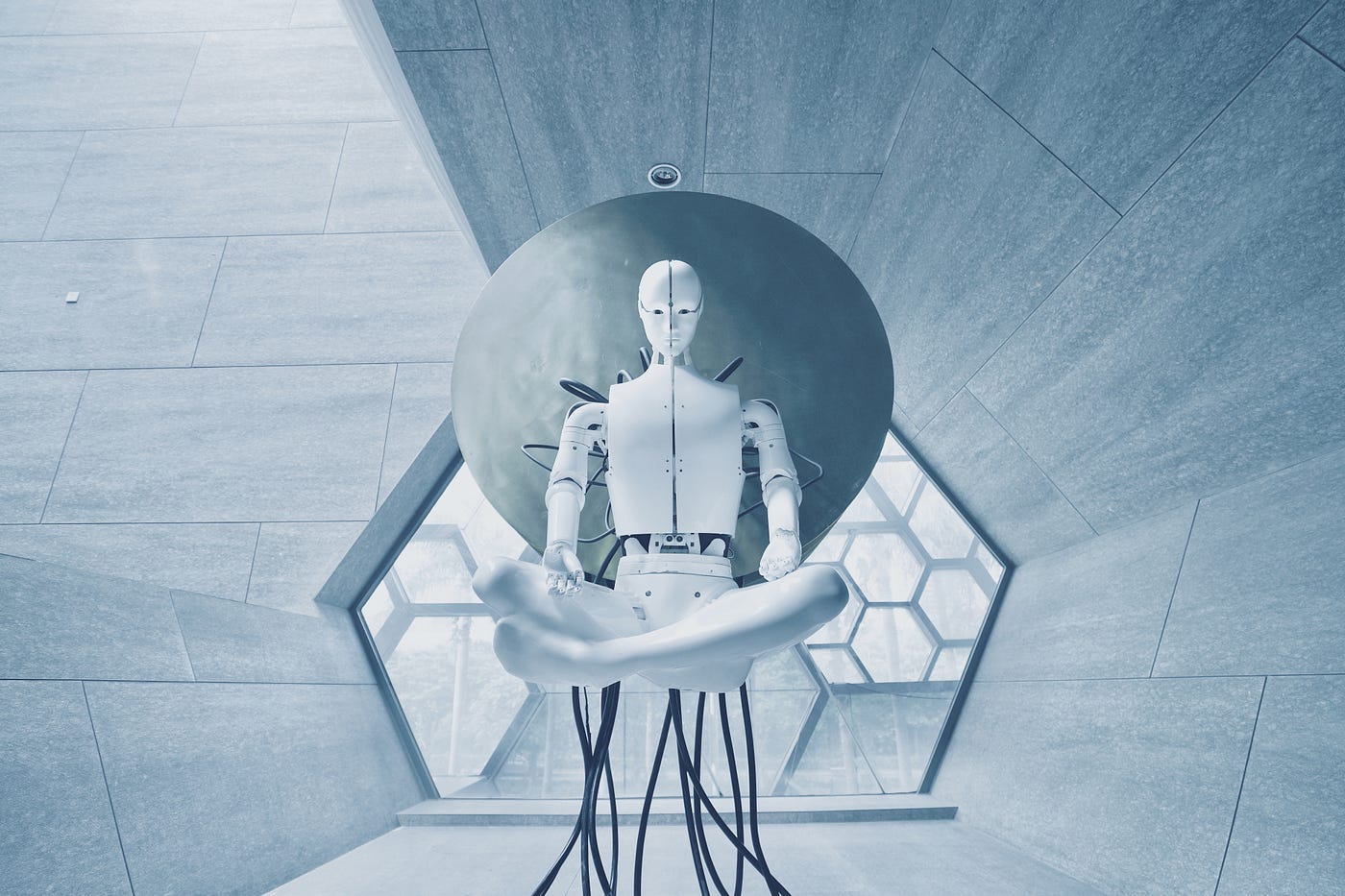Using ChatGPT v. Google
Insight: See who wins in 5 familiar use cases.

First published in ‘Illumination’ magazine on Medium, January 19, 2023, within months of the launch of chatGPT.

First published in ‘Illumination’ magazine on Medium, January 19, 2023, within months of the launch of chatGPT.